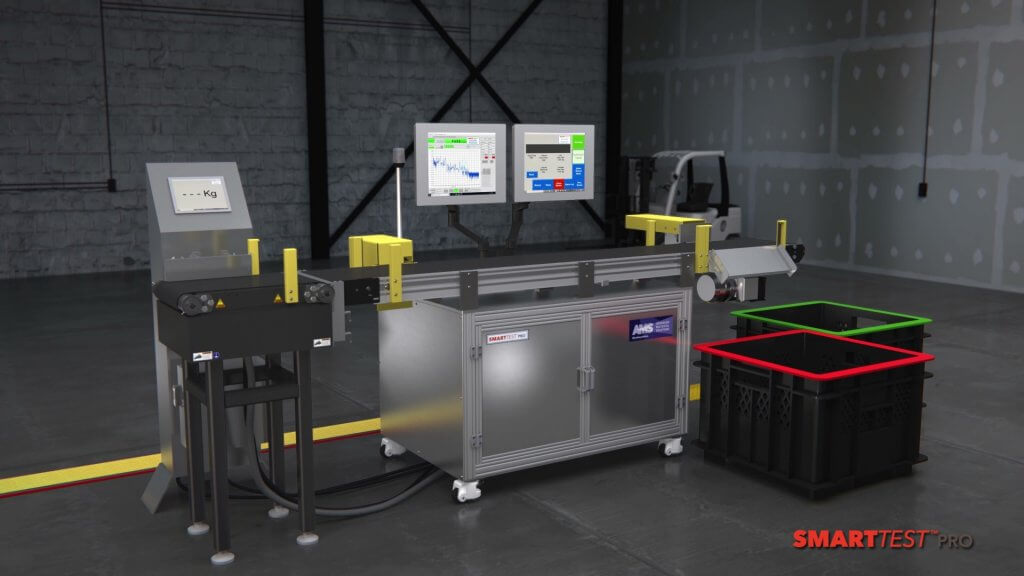How To Lease A Commercial Space For Your Business Before Signing
Congratulations on setting a fantastic business idea in mind. You would be actively seeking a location to establish a traditional storefront. However, finding a suitable commercial facility isn’t a walk in the park. If at all possible, starting a company online is the smart way to go. For example, if you trade your crypto assets with Quantum AI, you can establish your crypto trading business online. However, businesses like hotels, malls, and restaurants can’t function without a real location. notably, those who work in “brick and mortar” businesses like retail, food service, etc. So, let’s know the steps to lease a commercial location before signing the lease.
Steps To Land A Commercial Space For Your Business
We have established guidelines that you must meet before signing a contract to determine the optimal location for your company. Let’s get into them.
Become Familiar With The Region
While searching for a new location to offer goods or services to the general public, it is important to first do market research on the neighbourhood. If you want your small company to succeed, you need to select a great location, so spend your time looking at different buildings.
Check Out Local Regulations
City regulations are a further consideration. You must ensure that your landowner’s objectives are compliant with the regulations of your town even if they may define your location for, example, managing a café. Landlords and property owners often mistakenly believe they may lease their property to a firm that does not comply with local zoning regulations. When these two factors are in harmony, you can be certain that your company will face few, if any, legal hurdles in the city or municipality in which it is located.
Create A Lease Proposal And Deliver It
An agent can help you put together a lease offer if you’re working with them. Before communicating the lease rate you’re proposing to the landlord, it’s a good idea to get some comparables from your real estate agent. To increase their monthly income, landlords sometimes provide financial allowances or even free rent to their tenants. Next, set a price range for the lease, security deposit, and other costs based on what you learned from the market analysis.
Look Over and Bargain
You’ll either keep negotiating with the landlord after hearing back from them or move on to another place. If your lease is up for renewal, you should start giving some thought to whether or not you want to continue at that place as early as nine months before the renewal date so that you have time to negotiate with your current landlord. That way, if the negotiation fails, you may move your company with as little as possible loss in productivity.
Legal Analysis of the Lease
Send the proposed lease and the signed LOI to your attorney for evaluation once you have received them. Furthermore, make sure you read the lease agreement thoroughly and ask plenty of questions before signing. You and your lawyer should check the details. Verify that the terms discussed are reflected in the lease document. Consult a real estate agent or company attorney before signing a lease. Before signing, make sure you ask the landlord any questions you may have.
Do Final Inspection
I would advise one to do a last examination before signing the lease. Before this time, the general contractor will usually do a free preliminary evaluation. They will ask for payment in exchange for a thorough examination. It is standard practice for a company to foot the bill for this final inspection because of the monetary commitment involved in the lease.
Sign the Lease
After both the final inspection and the lease have been completed to your satisfaction, you may sign the lease. It’s vital to remember that the clock usually starts ticking after the lease is signed by both parties. This is the most crucial time frame concerning the rent-free period.
Conclusion
Leasing commercial property is a procedure that may be both lengthy and difficult. When you’re ready to take the plunge into the world of brick-and-mortar commerce, you must follow the aforementioned steps and work with a commercial real estate broker you have faith in.








